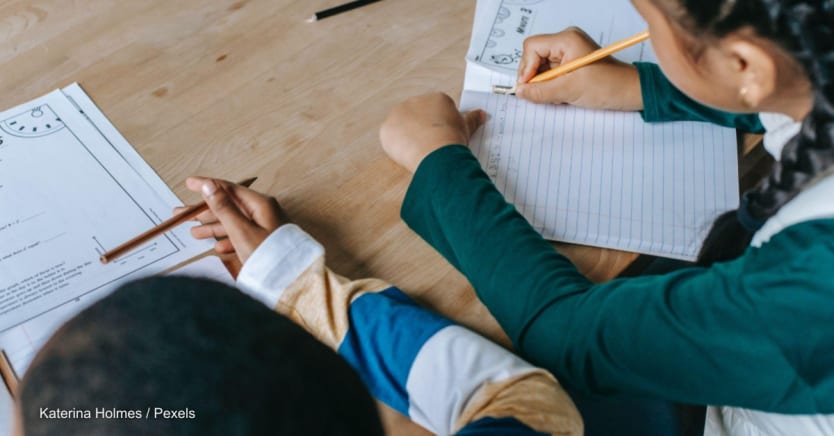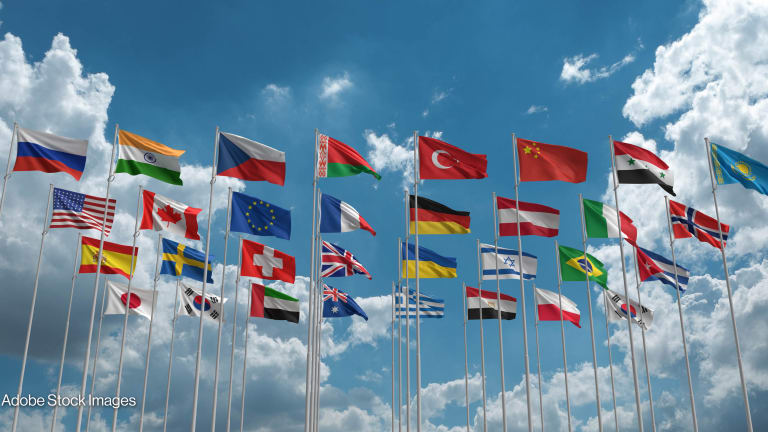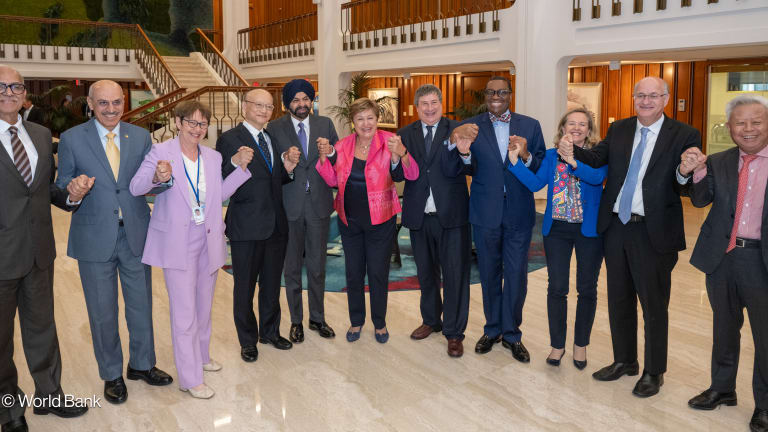
The eminent futurist and philosopher Alvin Toffler once said “the illiterate of the 21st century will not be those who cannot read and write, but those who cannot learn, unlearn, and relearn.” It is about time the global education community in particular, acted on these words and did so urgently.
For more than 100 years now, our education system has remained stagnant, based on a factory model, suiting people and economies of that time. It was founded at a time when industries needed workers with a relatively fixed set of skills and knowledge to serve the needs of industries such as agriculture and manufacturing. The fundamentals have remained the same, the mechanics no different, and the models largely unaffected by any of the technological advancements that have catapulted other industries into a completely different plane.
Today, our children are tech-savvy and have large exposure to information and knowledge. The current education system is not made for them, especially amid the ongoing COVID-19 pandemic. That’s why we need to change it, and right now.
As we mark International Day of Education, we must realize that we have neglected for too long the underperformance of an entire system on which education and learning are founded.
The consequences? A fragile ecosystem that came crumbling down in the face of one virus.
Unlearning the old, outdated, and obsolete
Education cannot operate the way it has been doing. We cannot expect a system designed for a bygone era to deliver results for a generation that lives and breathes in a time that is future-forward and future-first.
We also need to “unlearn” the principles, concepts, and frameworks that worked once but are no longer relevant to our current reality. For example, why are students around the world still relying on thumbnail images of the solar system in textbooks to learn about our planets? Today, we have at our disposal technologies such as virtual reality that will show them exactly how vast and infinite our universe is.
Relearning for relevance
To stay truly relevant in the current times, the education ecosystem needs to adopt a bold and disruptive approach to effecting change at a systemic level. Priorities need to be shifted, agendas refreshed, and strategies transformed in light of all the lessons learnt from the pandemic and the opportunities that emerged.
However, this cannot be achieved with different agencies and entities pushing forward their own separate agendas to create short-lived impact. Education is a universal need and to bring about groundbreaking reform in this space, the whole world — from United Nations agencies, to government and the private sector, to every teacher and educator — must join forces and collaborate in ways that will result in real, scalable, and lasting change.
For some time now, we have seen a fragmentation in the education ecosystem, such as lack of coordination, communication, and cooperation, that has only created challenges for any real impact. We must, therefore, relearn that human progress and development is only possible through shared vision and ambition.
Rewiring for resilience
The non-readiness and non-resilience of our education system in the face of the pandemic shook the world. It showed us that the system needs to be rewired from the ground up and rebuilt on a foundation that makes it resilient to any unforeseen crisis in the future.
The Pro read:
Education, identified as UK priority, still badly hit by aid cuts
The FCDO's aid spending statistics for 2020 reveal that education funding to Pakistan has been among the worst affected areas.
This means that we cannot stop at short-term gains. It was this very sentiment that encouraged us to host the RewirEd Summit last month during Expo 2020 Dubai. Here was the first in-person gathering in two years that offered a platform to both traditional and new voices to share their views on how we can best achieve this. We heard from heads of states and youth representatives, ministers, and private sector leaders who lent their unique insights to this truly global conversation.
The coming together of these voices led to the launch of the RewirEd Global Declaration on Connectivity for Education, heralding a new beginning for digital learning. It welcomed the Passport to Earning initiative, which plans to open new avenues for youth through free, certified skills training. The unveiling of the Sharjah Child Friendly School and Nurseries Toolkit focuses on implementing rights-based approaches to education and evidence pertaining to children’s development. And a high-level discussion drawing from UNESCO’s flagship publication on the futures of education proposed ideas on how to accelerate progress towards Sustainable Development Goals.
The summit also hosted The Innovating Education in Africa Pitch, which saw five of Africa’s most promising education innovators put forward their ideas on education. The awardees will see their innovations implemented as pilot projects in African countries. In addition, the summit ended with the Provocations Award Ceremony, where a select number of experiments have been awarded seed funding to further develop and rollout experiments in the education sector.
What we achieved will not transform the state of education overnight, but we are confident that the outcomes will recharge the conversation on the future of education. The outcomes of our summit are set to feed into the U.N. Summit on the Transformation of Education that U.N. Secretary-General António Guterres is convening in September.
In a nutshell, it was learning, unlearning, and relearning at its best as we debated, deliberated, and defragmented the issues and the challenges that need to be addressed to uproot years of decay. We can all agree that one summit is not enough to tackle these challenges. Hence, let us all pledge and commit to keeping the conversations on education going in order to unlock a better world for our coming generations.








